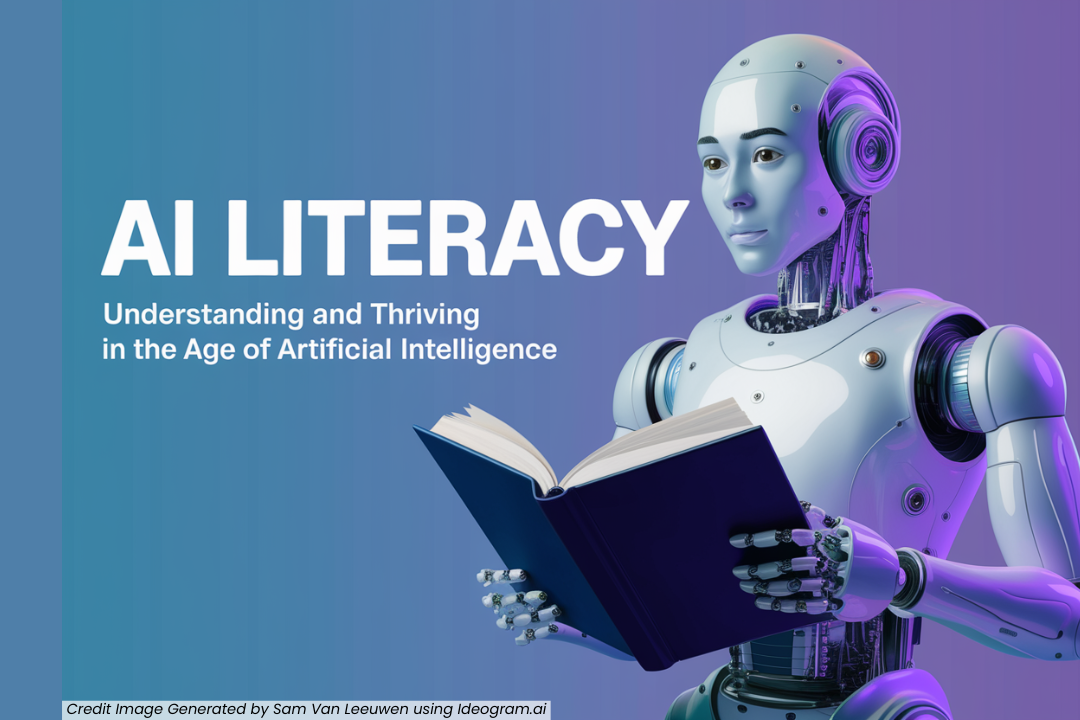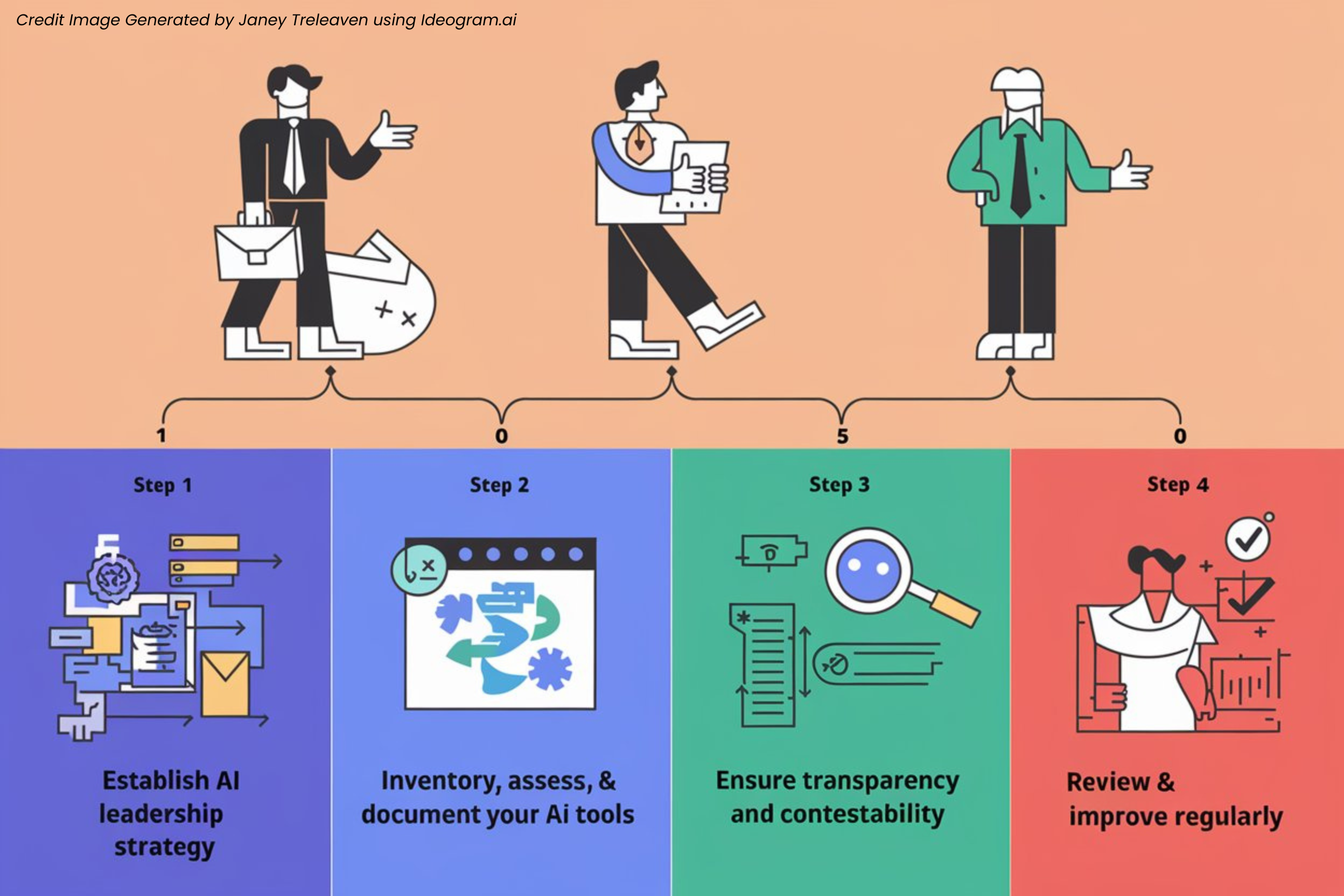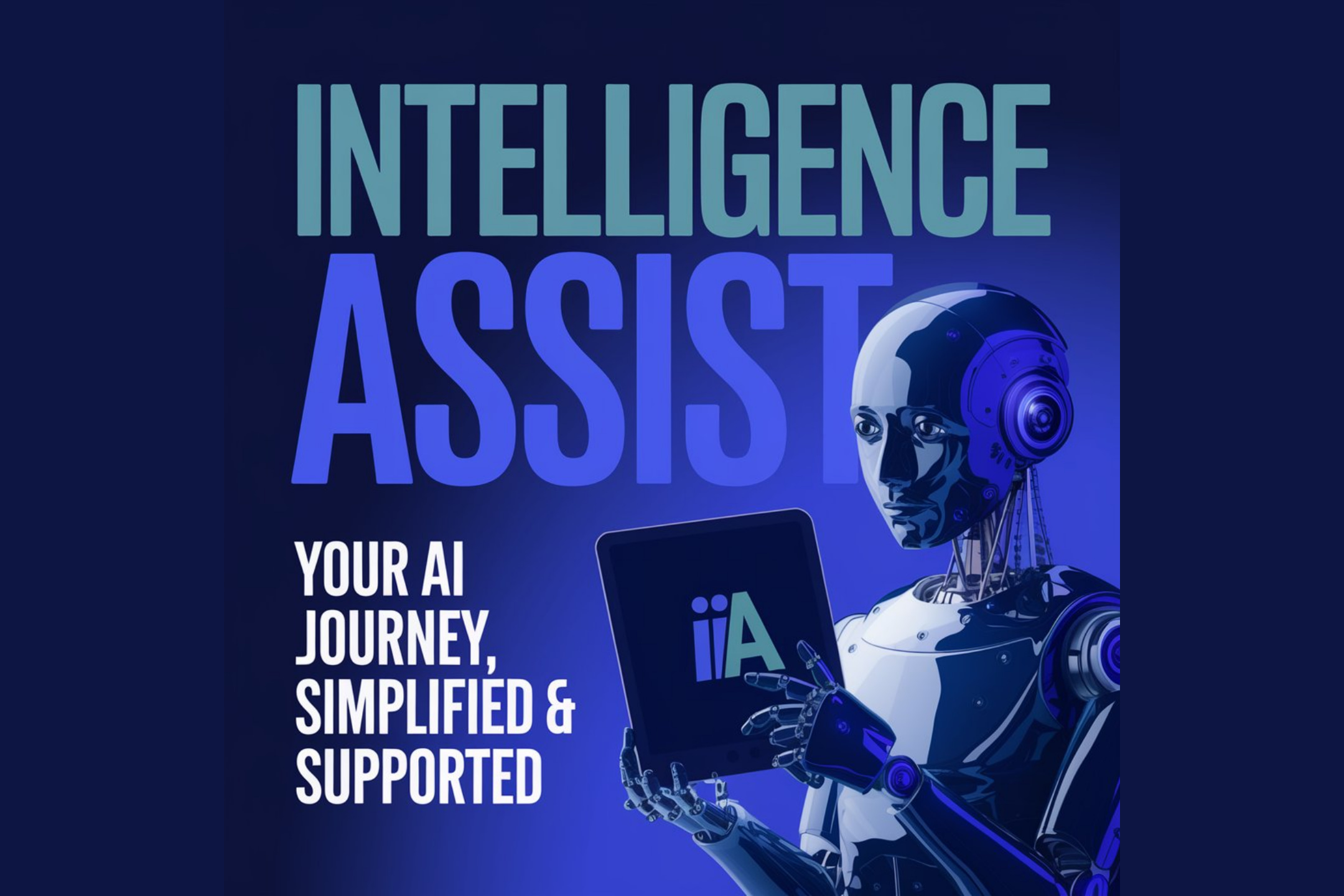TL;DR
Apple’s recent WWDC event revealed an array  of new AI features set to launch by year’s end, with the most notable being the integration of ChatGPT into Siri, branded as ‘Apple Intelligence’. This upgraded Siri will be able to sift through emails, texts, and photos to extract specific information, summarise and prioritise notifications, emails, and texts, provide proofreading, and even handle photo editing.
of new AI features set to launch by year’s end, with the most notable being the integration of ChatGPT into Siri, branded as ‘Apple Intelligence’. This upgraded Siri will be able to sift through emails, texts, and photos to extract specific information, summarise and prioritise notifications, emails, and texts, provide proofreading, and even handle photo editing.
In other tech news, Amazon’s Project P.I. employs AI and computer vision to scan parcels for defects, promising fewer customer complaints for the 14,000+ Australian small businesses selling on Amazon. Meanwhile, Pope Francis addressed the G7 summit, highlighting AI’s potential risks. A study revealed discomfort with AI-generated news, stressing the importance of authenticity and critical thinking for small businesses. CBA is using AI to combat financial crimes, offering additional security for small businesses but also necessitating vigilant cybersecurity practices.
Apple’s WWDC Event and New AI Features ai world
Apple recently hosted its eagerly anticipated WWDC event and unveiled a host of new AI features set to be released by the end of the year. Notably, Apple is integrating ChatGPT into Siri, which will be branded as ‘Apple Intelligence’.
Siri will now possess the capability to sift through emails, texts, and photos to extract specific information based on relevant context – Just think, Siri can find your dinner reservations, or that important text from two years ago. The enhanced features will also include the ability to summarise and prioritise notifications, emails, and texts, as well as provide proofreading and photo editing. Additionally, Siri will be capable of creating images and custom emojis, further extending its utility and actually making her useful!
Apple’s approach has been described as “boring and practical,” a strategy that has been suggested to have significant appeal and effectiveness. The brand has dubbed the initiative as “AI for the rest of us.”
For me, I think this is just the start of what Apple will bring us. Apple have their next event in September, which is typically their new phone event. I’m expecting bigger things at this event. 15 years ago, people used to queue up outside of the apple stores just to get the new iPhone as soon as they came out, but this hasn’t happened for years. Why? Because the new iPhones aren’t exciting. Apple have also seen a dip in their shares with profits shrinking. People aren’t desperate to upgrade their phones because there are no big differences between them. So, Apple need to develop something to get that excitement back and grow their profits again. Since the announcement of Apple Intelligence, shares have already risen by 7%.
My other takeaway, and a question that lots of people are asking, is why Apple and Open AI have partnered and why Apple has not developed their own language model?
Craig Federighi said that a partnership with Google Gemini could also happen, which to me suggests that Apple aren’t ‘too tied in’ or loyal to OpenAI. In a cynical stance by Yahoo Finance, could this be them hedging in case something goes wrong with Apple Intelligence, OpenAI takes the blame, not Apple?
My hot take – Apple have a reputation for polished products ready for the masses, so they wouldn’t release a LLM that is under construction, at least not in their name.
Amazon’s Project P.I.
Amazon has launched a new initiative called Project P.I. (Private Investigator) which uses a combination of computer vision and AI to scan parcels for defects before they are shipped out to customers. The system is able to detect issues like damaged products or incorrect sizes and colours and pull those items, so they are not delivered. This helps ensure customers receive their orders in the expected condition.
For the over 14,000 Australian small businesses that sell on Amazon, Project P.I. could mean fewer customer complaints and returns due to defective products making their way through. Sellers may see improved customer satisfaction and repeat business. However, small businesses will still need to focus on quality control and packaging on their end to minimize the chance of damage occurring before items reach Amazon’s fulfillment centres.
Two sides of the same coin: AI for the good and for the bad
In a historic first, Pope Francis addressed the G7 summit to share his concerns about artificial intelligence. He called AI “an exciting and fearsome tool” that could lead to job losses, misinformation, and the exclusion of humans from decision-making.
“We would condemn humanity to a future without hope if we took away people’s ability to make decisions about themselves and their lives, by dooming them to depend on the choices of machines,” the Pope stated. He urged political leaders to create the right conditions for the beneficial use of AI.
There are also growing concerns about the use of AI in news production and its potential to spread misinformation. A study found many people in the US (52%) and UK (63%) would be uncomfortable with news stories mostly generated by AI. However, they were open to AI making the news production process more efficient.
While AI can be misused, it also has positive applications. CBA, one of Australia’s largest banks, is leveraging AI and machine learning to fight financial crimes like money laundering. Their new system can analyse data to detect suspicious transactions and link them together to uncover criminal networks.
In the future, generative AI could be used to automatically produce summaries to speed up investigations that have traditionally been manual and time-consuming. For small businesses, these AI-powered security measures from banks provide an added layer of protection against fraudulent activities and scams.
However, the rise of AI is also enabling more sophisticated financial crimes. Small businesses still need to be vigilant and proactively protect themselves with strong cybersecurity practices, staff training, and careful screening of business partners and transactions.
What does this mean for small businesses?
The Pope’s warning highlights the disruptive impact AI may have on small businesses and employment. As AI automates more tasks, some jobs could be eliminated. Small businesses will need to adapt, reskill workers, and find ways to harness AI technologies to remain competitive, while keeping a human touch in key decisions and customer interactions.
For AI news production, this report underscores the importance of getting information from reputable sources and thinking critically about the content they consume and share, as AI-powered fake news becomes harder to discern. When communicating with customers, businesses should emphasise their authenticity and human connection.
In conclusion, the impact of AI on Australian small businesses is complex, bringing both risks and opportunities. From quality control to misinformation to financial security, business owners will need to stay informed about AI developments and adapt to the changing landscape. Keeping people at the centre and using AI to augment rather than replace human capabilities will be key to success in the age of AI.







